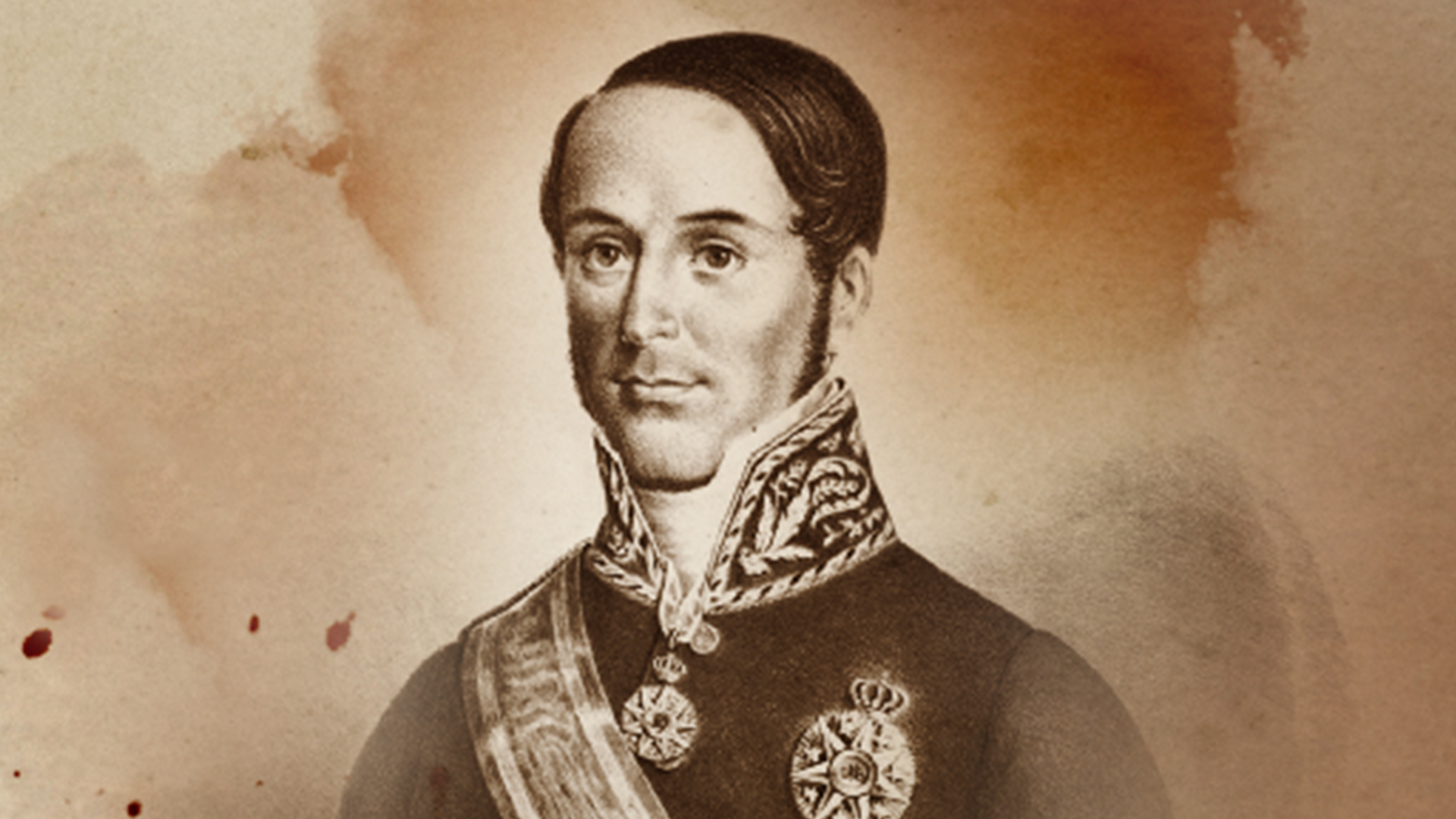António Bernardo da Costa Cabral was one of the most important politicians in Portuguese politics during the first phase of the Constitutional Monarchy. Born in Algodres on 9th May 1803, he was a Member of Parliament, Peer of the Realm, effective Counsellor of State, Minister of Justice and Ecclesiastical Affairs, and Minister of the Realm.
With a Law degree from the University of Coimbra, he embraced the ideals of Liberalism, standing out as a liberal activist, a fact that forced him into exile until the return of Pedro IV, when he was sent on an official mission to the Azores, where he stayed for three years.
He became one of the protagonists of the Belenzada (attempted coup in 1836) and the Revolt of the Marshals, and after the Constitution of 1838 came into force he became Minister of Justice. Four years later, he led the Chartist revolution in Porto and proclaimed the Constitutional Charter abolished in 1836.
Appointed Minister of the Kingdom by Queen Maria II, he held this position until 1846, the year in which he had to go into exile due to the Maria da Fonte Revolution. When he returned to Portugal, he became President of the Council of Ministers between 18th June 1849 and 26th April 1851.
He was responsible for the publication of the new Administrative Code, the reorganization of the National Guard, the reform of the town halls, the reform of academic studies, the opening of roads and the construction of the D. Maria II Theatre.
In 1838, he acquired parts of the Convent of Christ and its surroundings to establish his holiday residence there, as well as developing agricultural activity. The buildings being vacant after the extinction of the religious orders, Costa Cabral would ensure their conservation and safeguarding.
Due to his institutional reputation, Queen Maria II made him Count of Tomar, a noble title created on 8th September 1845, and elevated to Marquis of Tomar in 1878.
After the Regeneration he dedicated himself to diplomacy, having been minister in Brazil and ambassador to the Holy See, and died in Porto on 1st September 1889.
Bernardo da Costa Cabral – Marquis of Tomar
